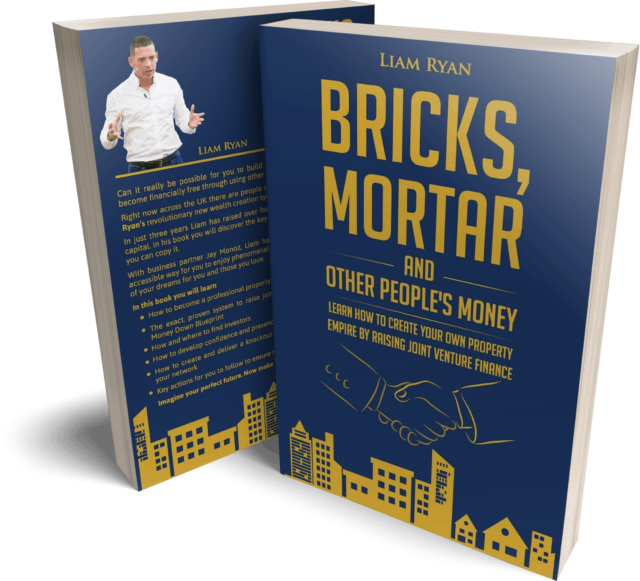
House in Multiple Occupation (HMO) is an effective way to get started in the property world. If you are looking to venture into this area of property investment or not sure where to start, in this blog post you will find everything you need to know.
What Is HMO?
An HMO or ‘house share’ is a property that is rented out to three or more people, including children who are not from one household. In an HMO occupants share facilities such as the bathroom and kitchen.
How Many Occupants Should Stay In An HMO Property?
Usually in an HMO property, there are three or more occupants. However, your house will be classed as large five or more tenants live there, forming one household.
Who Typically Stays At An HMO Property?
HMOs are typically occupied by single professionals who are away from home, students, workers, or the local housing authority. Occupants usually choose to live in an HMO property because living with other occupants, lowers the cost of living compared to renting the entire property.
Types Of HMOs
There are five types of HMOs which include:
- Tenancy type
- Min tenancy
- Maintenance
- Rent collection
- Guarantor’s
Rules And Regulations
It is so important for HMO property owners to stay up to date with health and safety concerns to stay complaint, these include:
- Gas – yearly checks
- Electric – checks every five years
- Fire – smoke and carbon monoxide alarms to be fitted and checked regularly
- Rubbish disposal facilities – cooking, cleaning, and washing facilities, clean and clear communal areas, licensing
Licensing
There are three different types of HMO licensing which include:
Mandatory licensing – properties require a mandatory license when there are five or more people who make up to two households.
Additional licensing – created to help tenants of properties that do not have a mandatory licensing scheme.
Selective licensing –gives local authorities the authority to introduce licensing for every private rented property in the area.
HMO Pros And Cons
With any type of property, there are the good and bad. Below you will find the pros and cons of having an HMO property.
Pros
- Profitable as you can charge high rent per room
- You can rent the room on a license
- You are not excluded from the communal areas of the property, only individual rooms
- If a tenant decides to leave, you will not be at risk of losing a lot of rent compared to if an entire group leaves
Cons
- You oversee paying and managing the bills
- There might be conflict between tenants as they do not know each other
- If there is damage to an area of the property that is outside of the tenant’s rooms, it might be difficult to prove who is liable
- You will have to manage the admin side of things, arrange potential repairs and inspections
Want to get started in property but not sure how? Contact us today!
Before You Go…
Want to get started in property but not sure how? Contact us today!
How To Find The Right Tenants For Your HMO
How To Find The Right Tenants For Your HMO – Assets For Life



